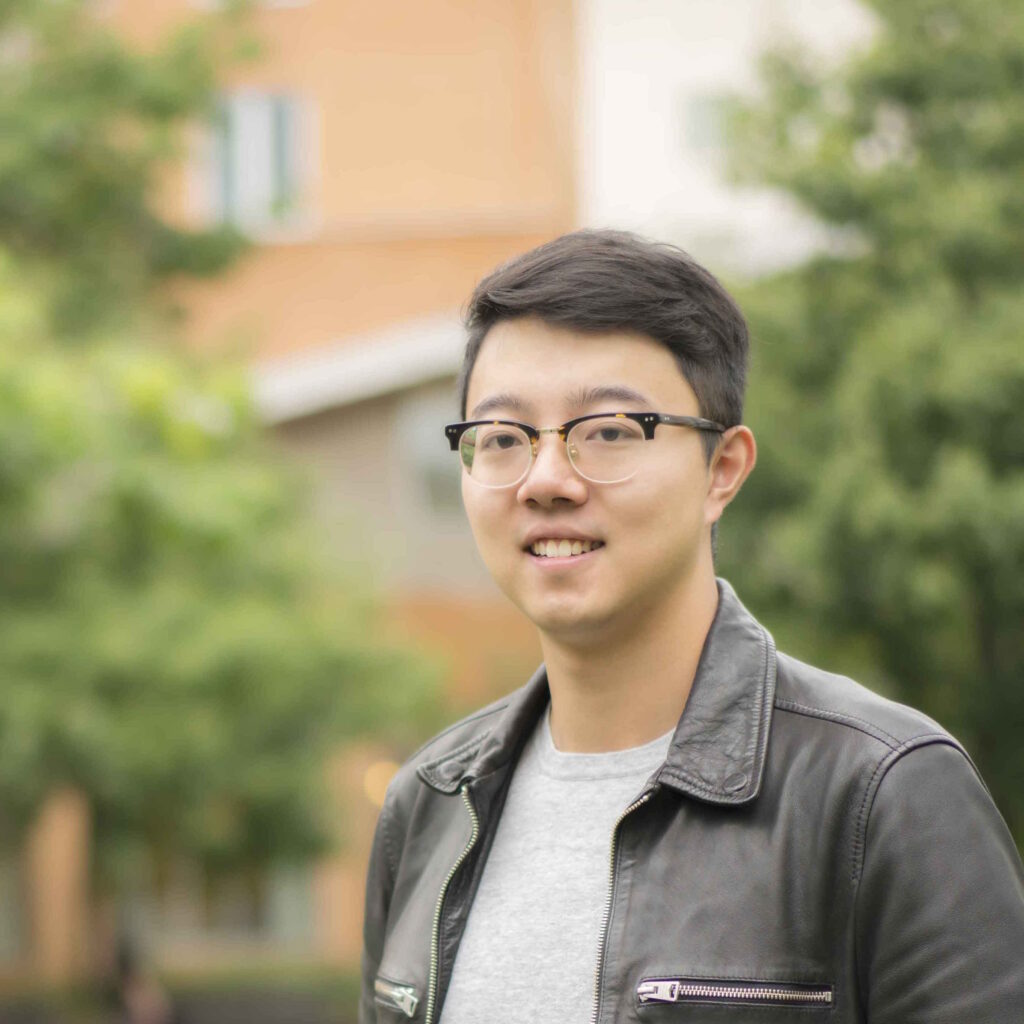In the past year, the Department of Computer and Information Science has welcomed an unprecedented number of academic professionals to join Penn’s faculty. One of the Assistant Professor’s who has joined both CIS and ESE this past Fall is Mingmin Zhao, an MIT graduate with a PhD focusing on building wireless sensing systems with artificial intelligence.
The collaboration between CIS and a number of departments at Penn is what encouraged Zhao to further his research and teaching career here.
“Penn provides a fertile ground for interdisciplinary research not only within the CIS department but also with other departments, including ESE, medical school, nursing school, etc.” said Zhao, “I am very excited about collaborating with people at Penn and working on highly-impactful interdisciplinary research.”
Zhao’s research interests include building wireless sensing systems that can capture a human’s functionality through physical surfaces. He explains that his research “uses machine learning to interpret and analyze wireless reflections to detect humans through walls, track their movements, and recognize their actions, enabling a form of x-ray vision.”
Mingmin Zhao, Tianhong Li, Mohammad Abu Alsheikh, Yonglong Tian, Hang Zhao, Antonio Torralba, Dina Katabi,
Massachusetts Institute of Technology
With these wireless sensing systems, he has also developed a way for healthcare professionals to track a person’s functions including sleep, respiration, and heart rate. “These technologies allow us to continuously and without contact monitor people’s health without wearable sensors or physical contact with the user.” In the startup he joined after graduating, Zhao stated that they are building upon his own research to “work with pharmaceutical companies to run clinical trials in people’s homes.”
Mingmin Zhao, Shichao Yue, Dina Katabi, Tommi Jaakkola, Matt Bianchi,
MIT & Massachusetts General Hospital
When asked about what made him passionate about the work that he does, Zhao explained that he is passionate about developing sensing tech that focuses on better understanding humans and their wellbeing.
“New sensing technologies (e.g., contactless monitoring of physiological signals) could help doctors understand various diseases and how patients are doing after taking medications,” said Zhao. “They could enable new digital health and precision medicine solutions that improve people’s life.”
Mingmin Zhao is currently teaching CIS 7000 focusing on wireless mobile sensing and building AIoT (Artificial-intelligence Internet of Things) systems. He is looking forward to educating his students to apply what they have learned in building “hardware-software systems” to solving practical problems that can impact the world.
